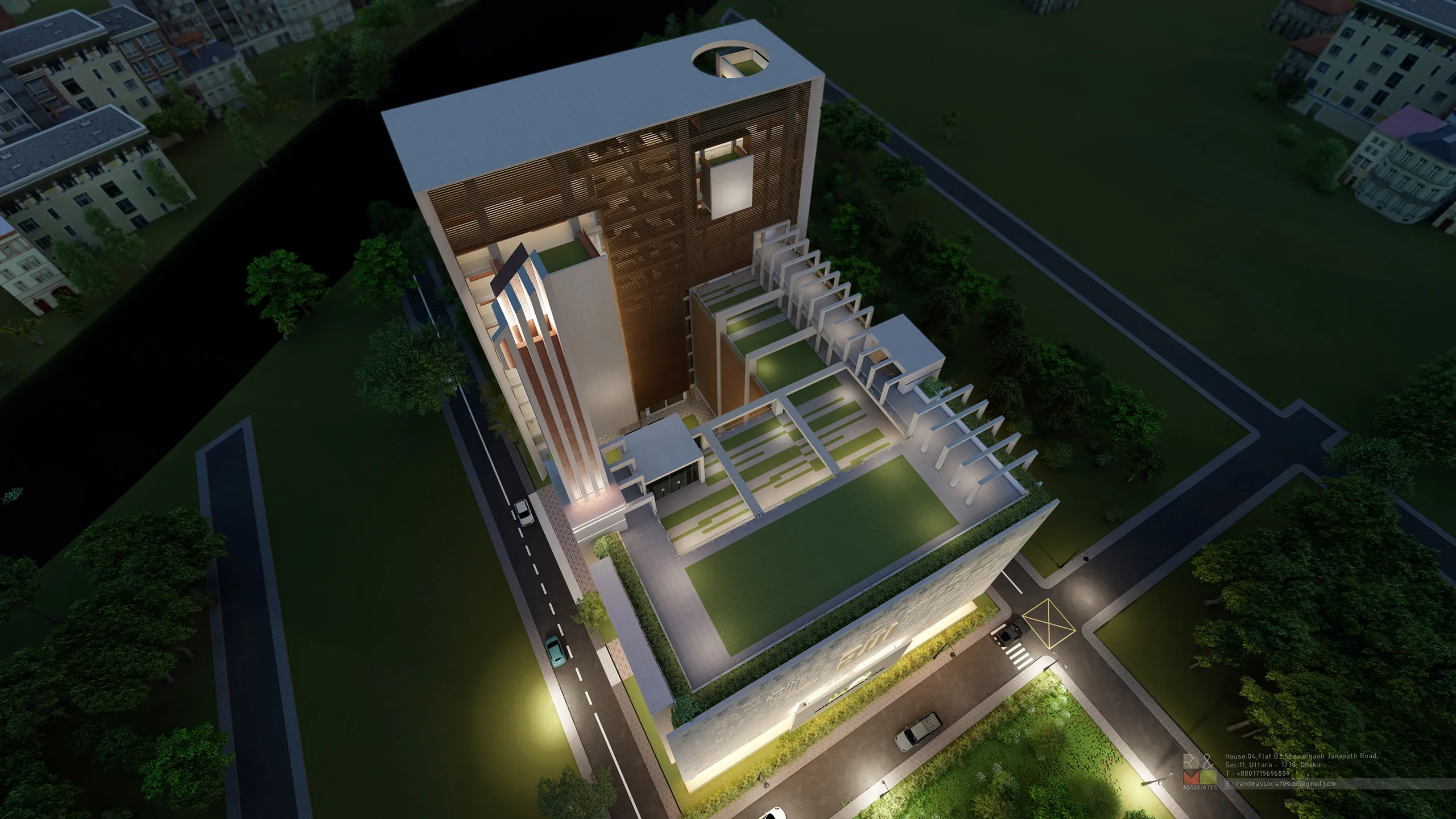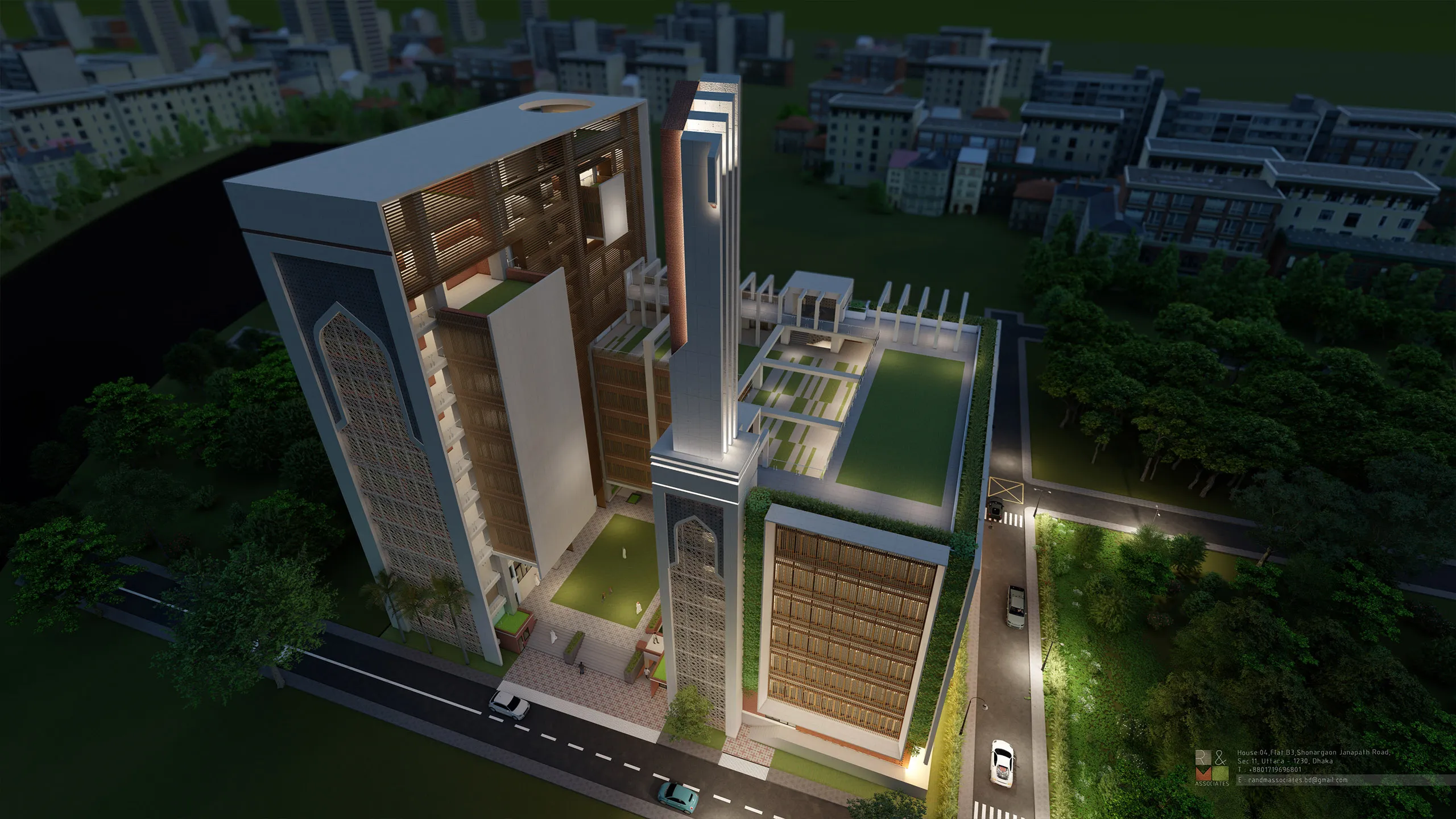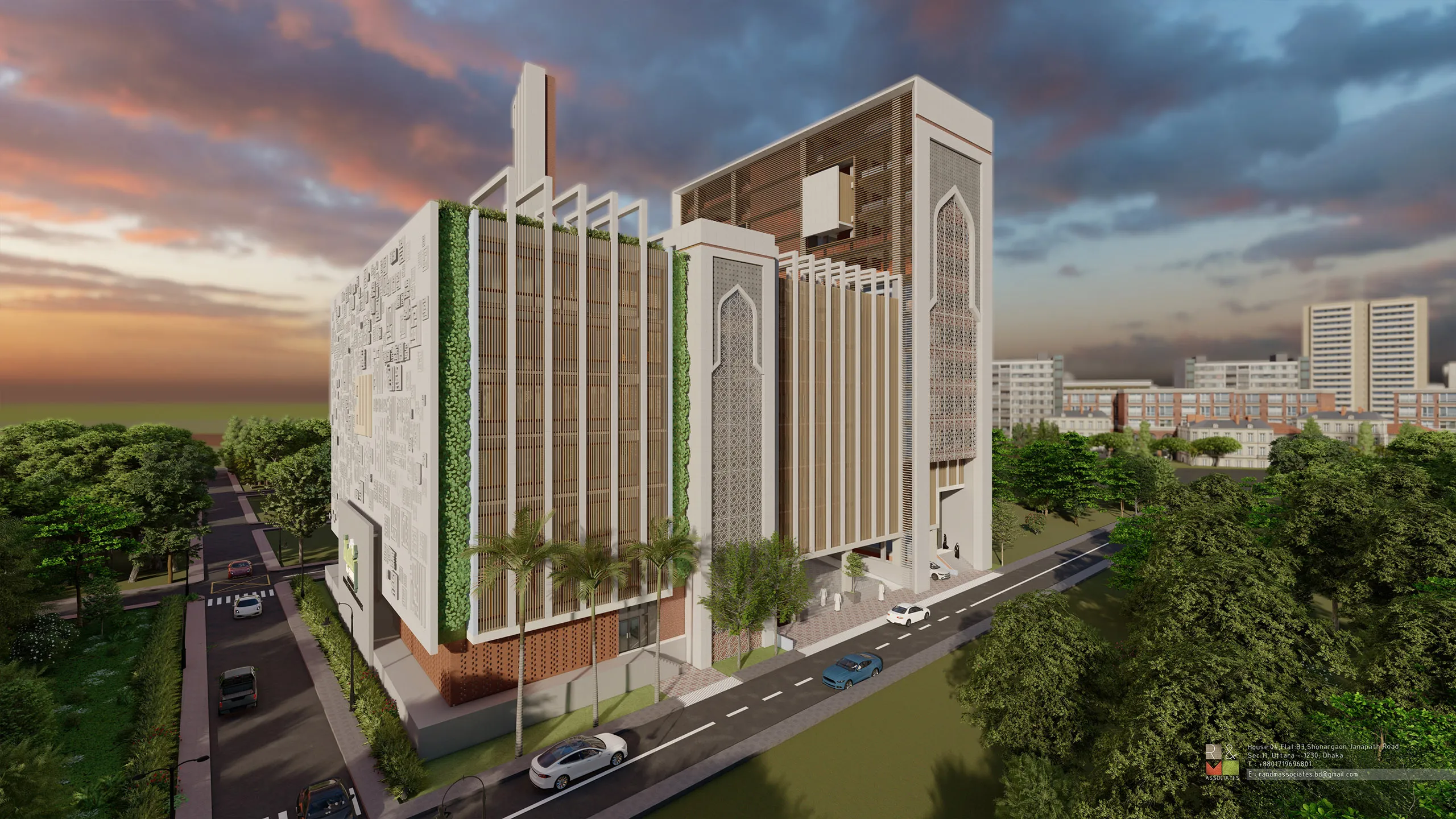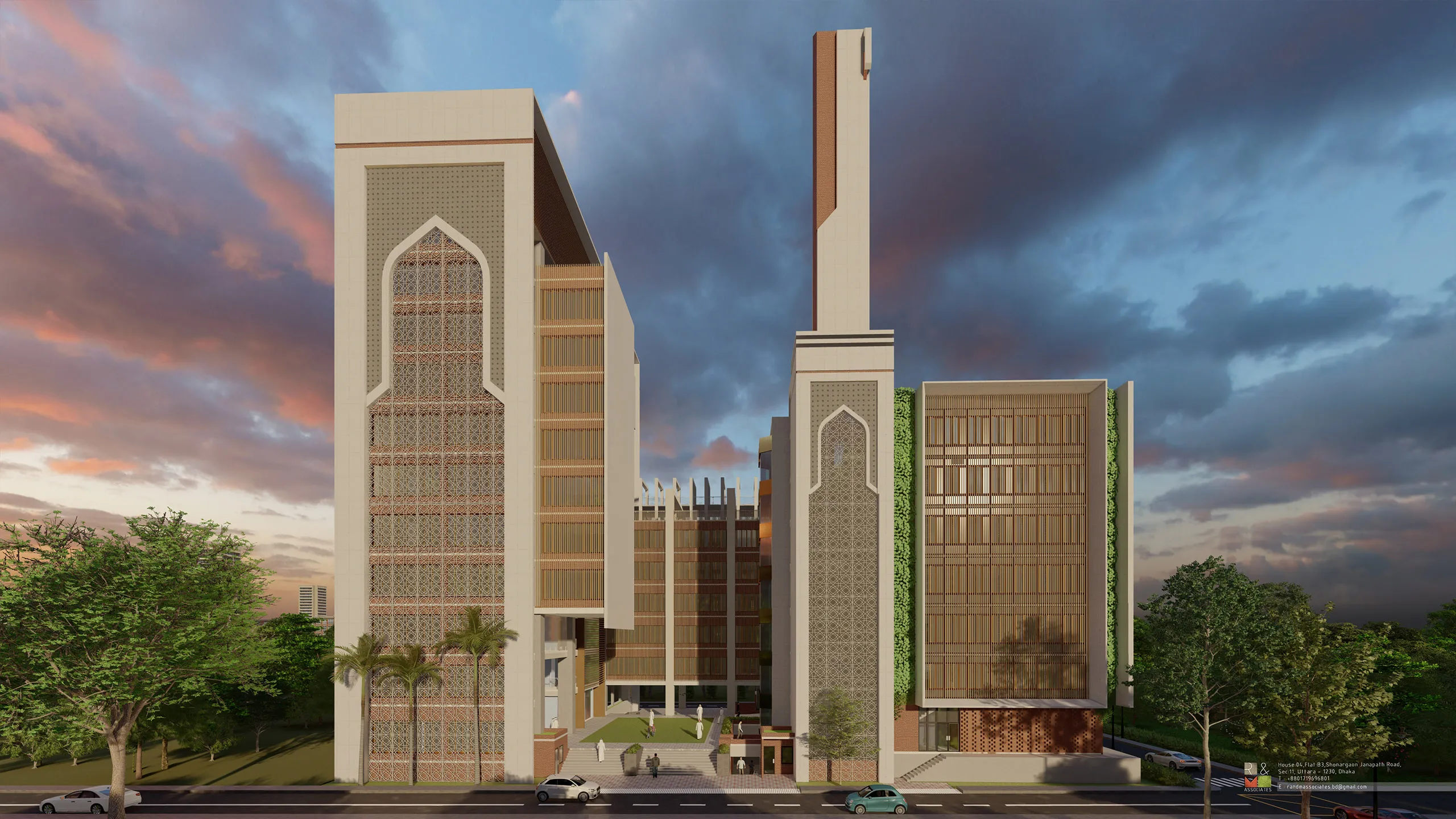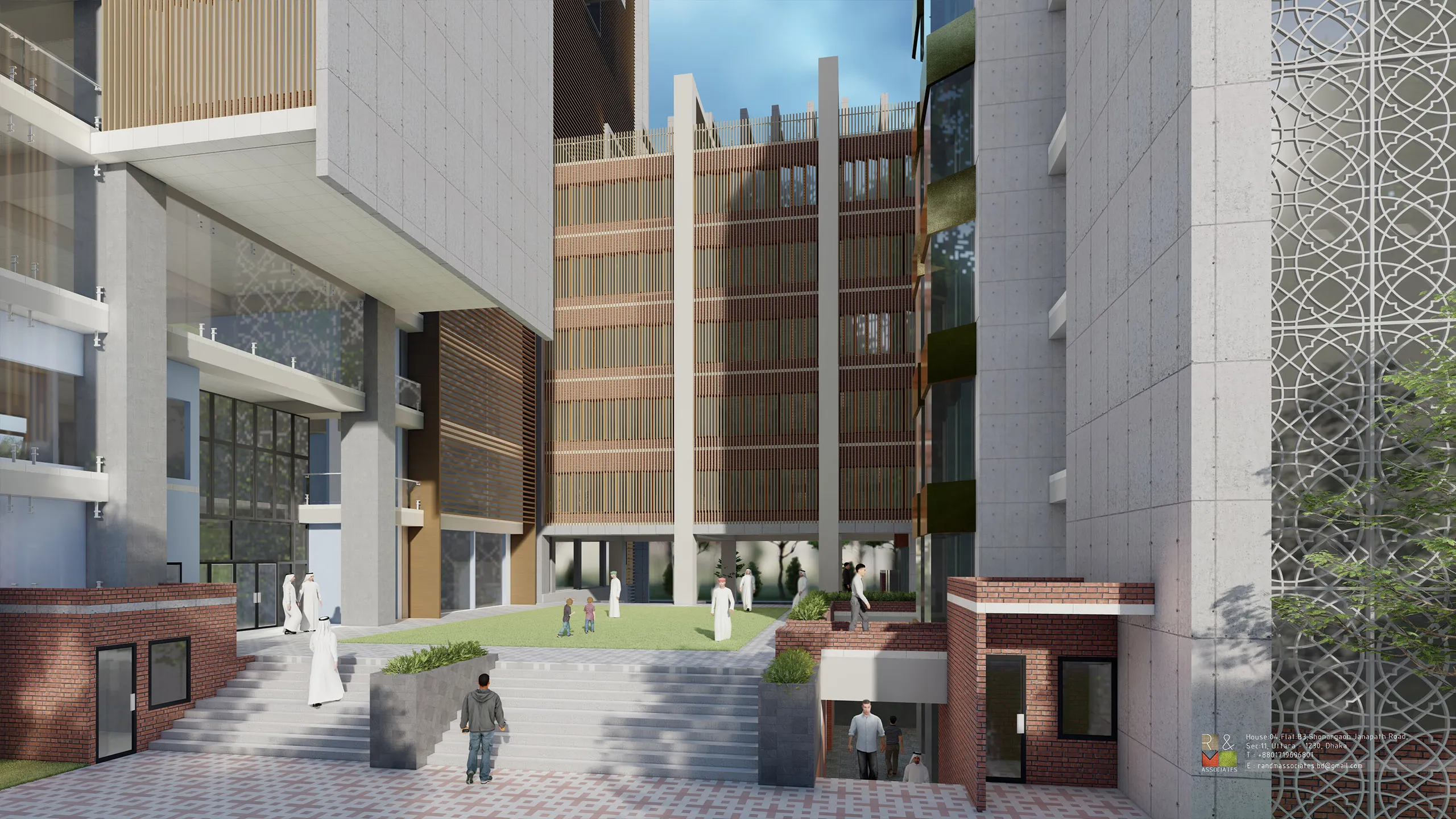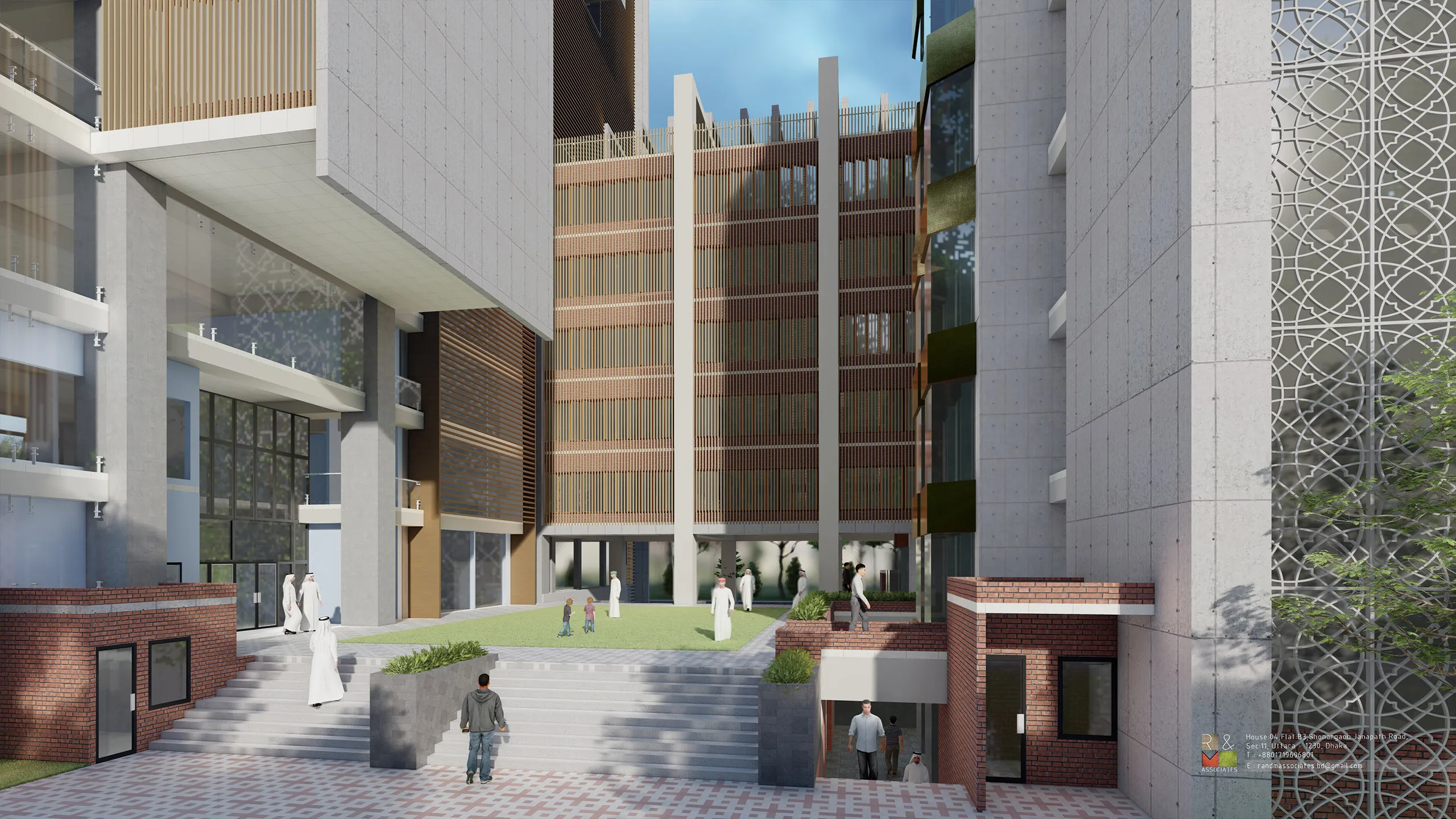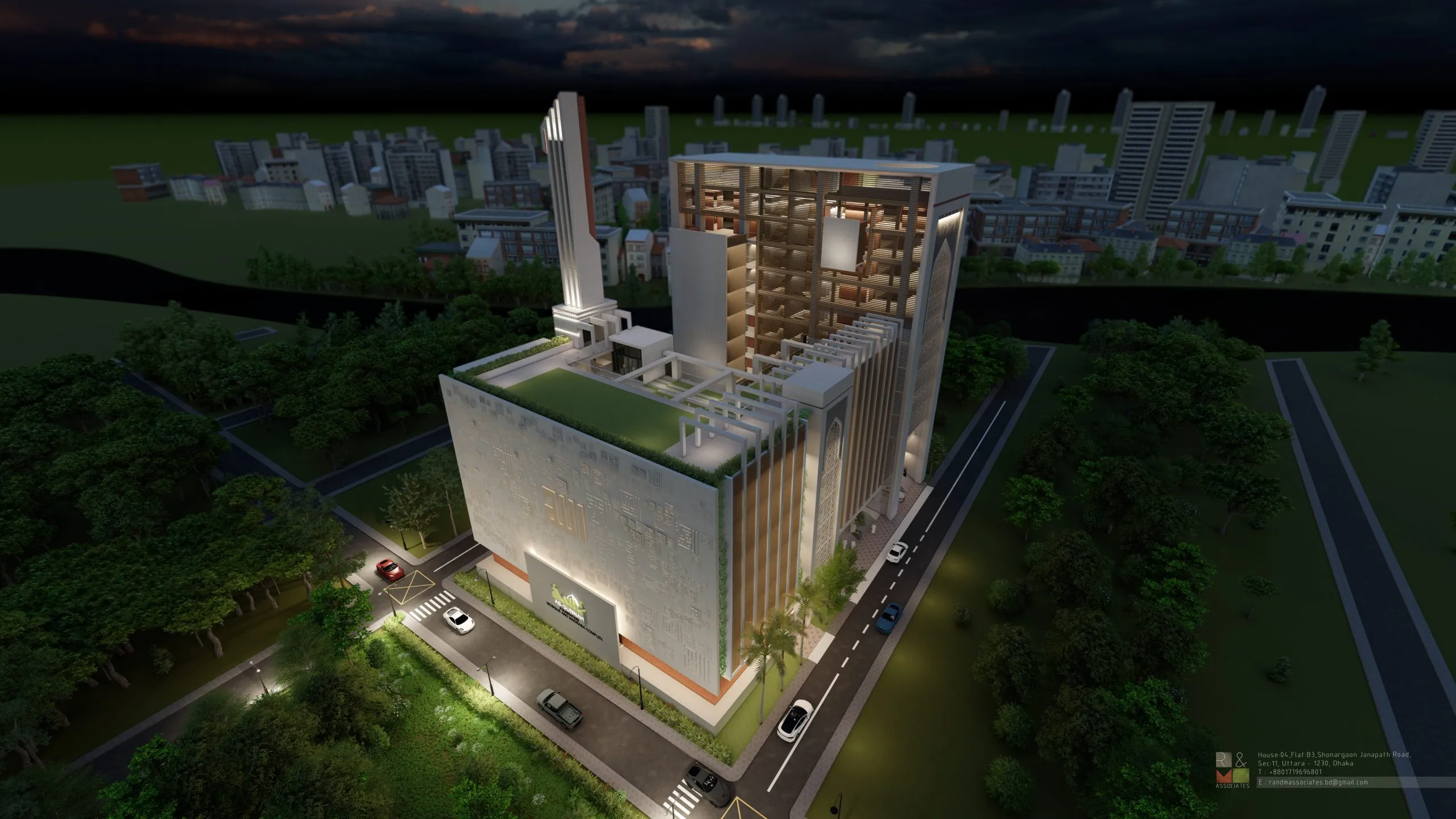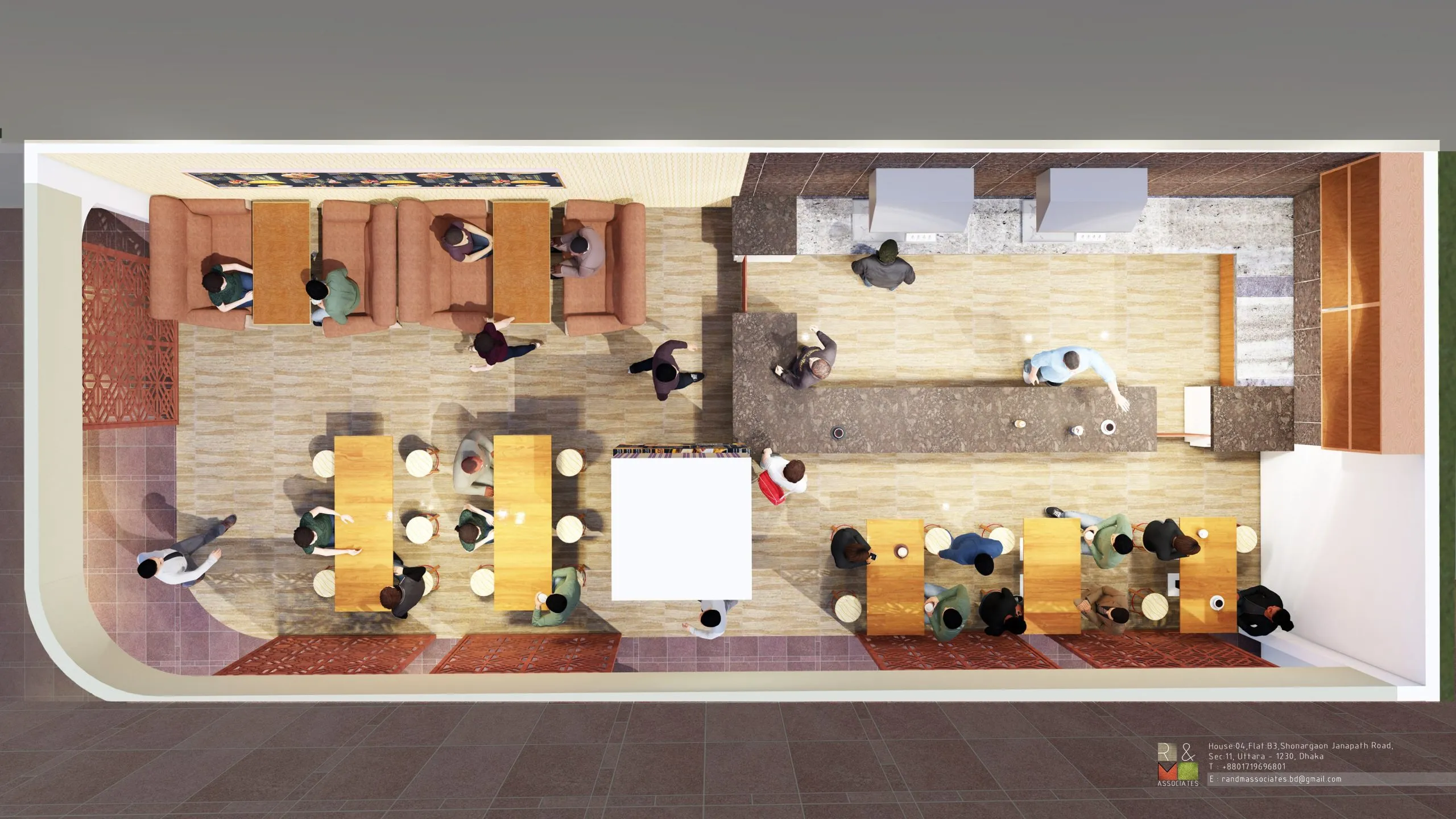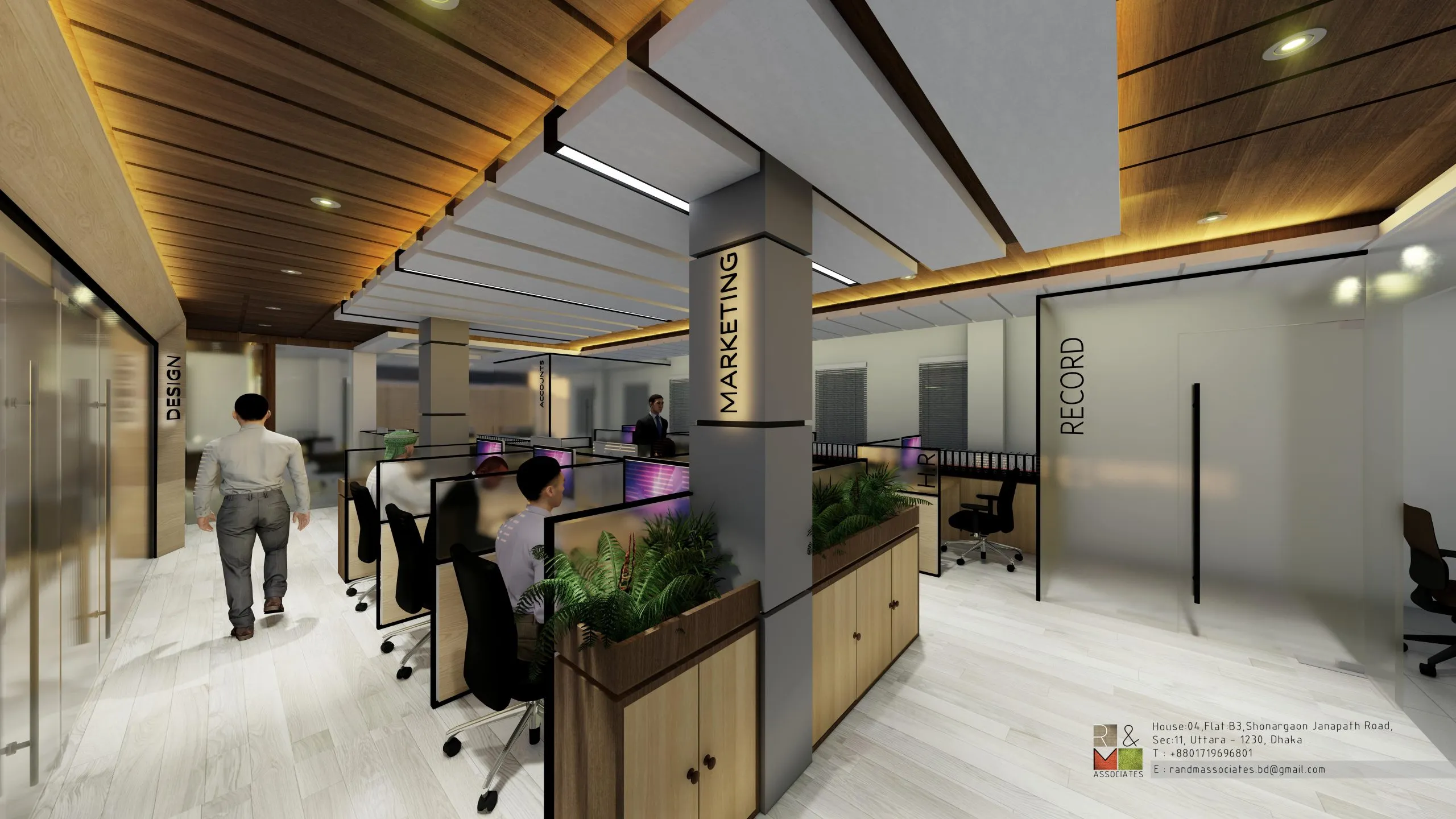Introduction
Risk management is crucial to the success of any construction project. From the planning phase to execution, various risks can threaten a project’s timeline, budget, and overall outcome. By identifying and mitigating these risks early, construction professionals can ensure smoother project completion. This blog will explore the key risks in construction and offer strategies for effectively managing them.
Effective communication among team members, stakeholders, and subcontractors is essential to mitigate misunderstandings or misaligned goals. Regular project meetings ensure that everyone is aware of progress, potential risks, and any changes in the project plan.

Identifying Common Risks in Construction
Before implementing mitigation strategies, it’s essential to recognize the different types of risks that can arise during a construction project. Common risks include:
- Financial Risks: Cost overruns due to unexpected expenses, miscalculations, or market fluctuations in material prices.
- Legal and Regulatory Risks: Changes in laws, building codes, or contract disputes.
- Project Delays: Weather conditions, supply chain disruptions, and labor shortages can delay project timelines.
- Safety Hazards: Worker injuries or site accidents.
- Environmental Risks: Natural disasters, environmental contamination, or impacts on surrounding areas.

Environmental Impact Assessments

Building a Risk-Resilient Team





